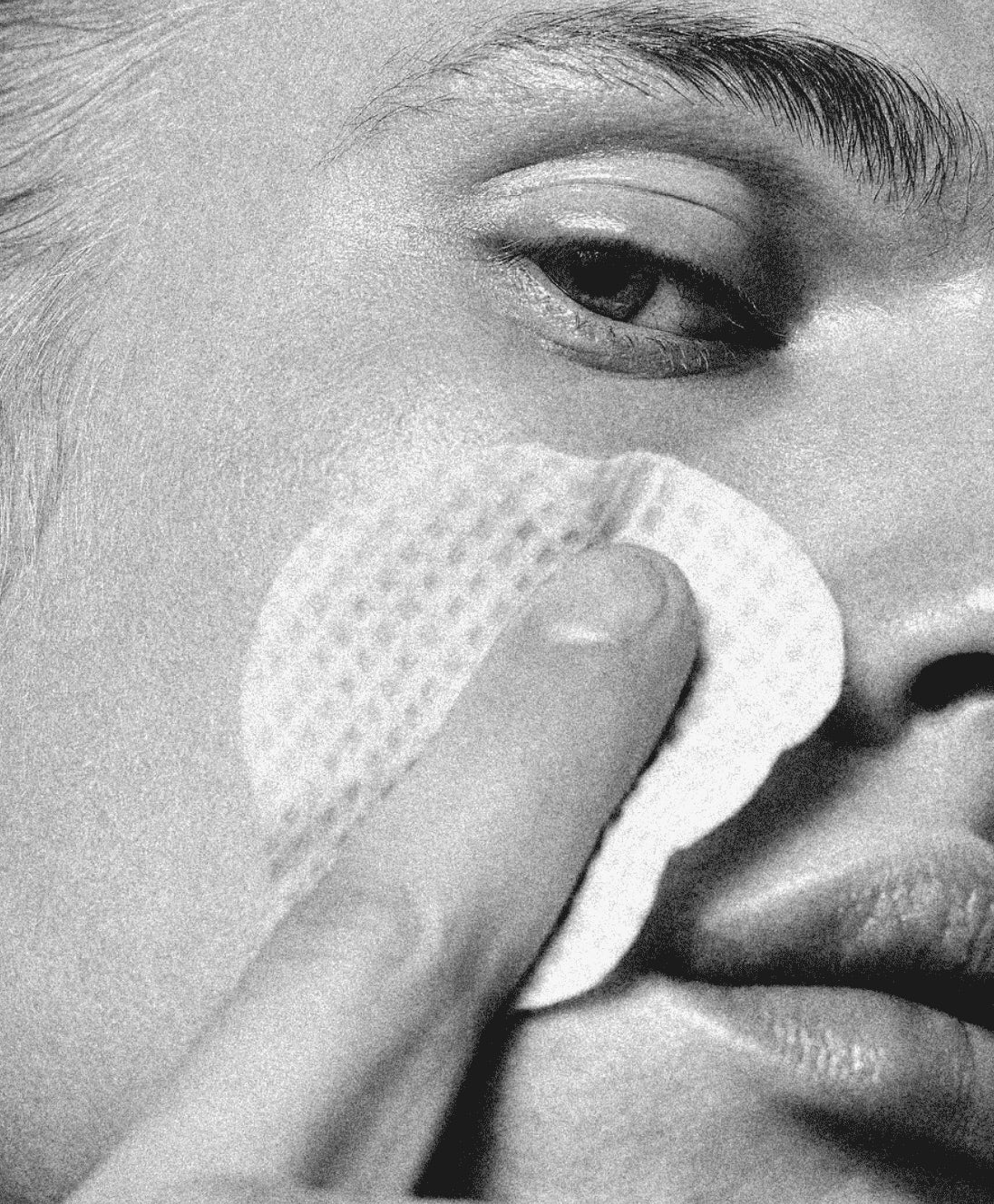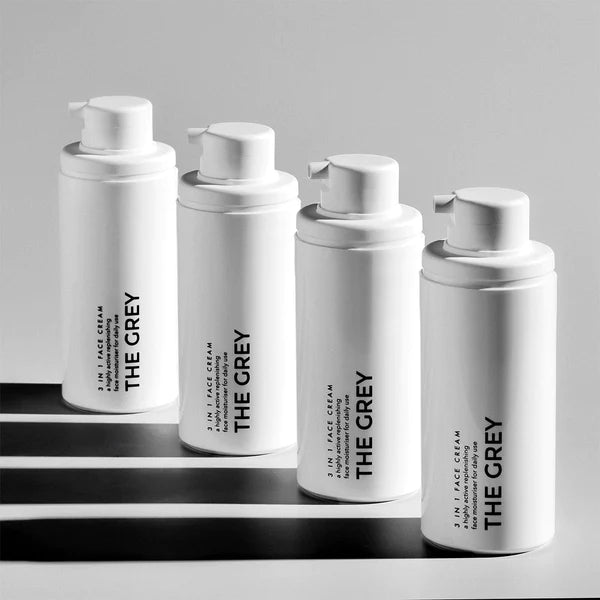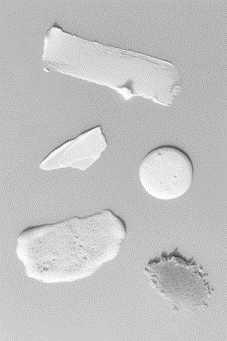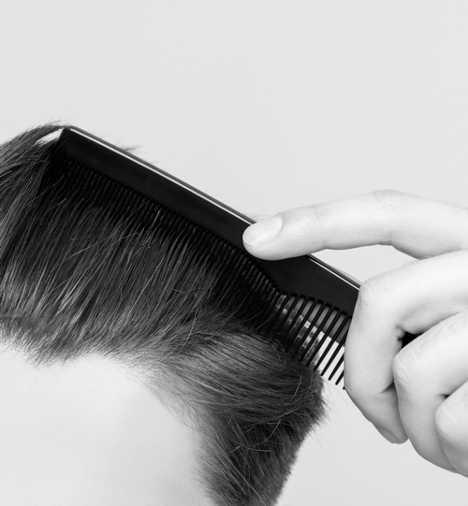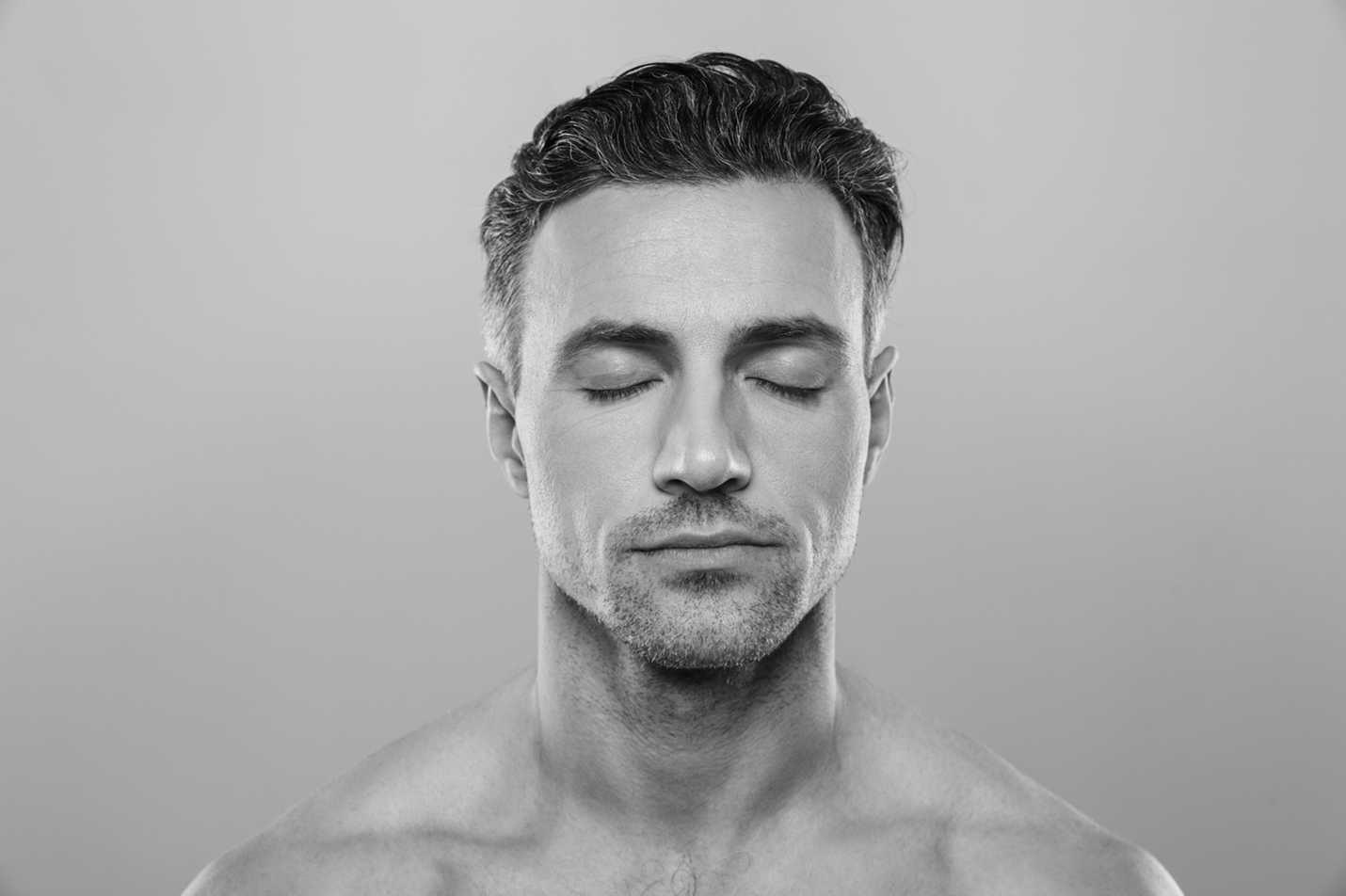We guess you are here because you know that good skin care involves more than just washing your face, but once you get past cleansers and moisturizers, you might begin to feel a little lost. There are so many types of products and there’s no way to craft the right routine for yourself if you don’t even know what these products do.
If you’re scratching your head wondering what the difference is between face oil and serum—and how the heck you use either of them—stress no more. We are here to give you the rundown on all the types of products for skin health, so you know what they are, what they do and how to properly use them.
At the end of a long day, nothing feels quite as good as cleansing your face. Removing every trace of dirt, sweat and tiredness allows the skin to breathe, repair and renew itself. Having a spotless surface also helps your other skin care products to penetrate your skin more deeply and perform their tasks more efficiently. As the first step in your skin care ritual, it’s important to nail this part before even thinking about your serums and anti-aging creams.
Most dermatologists agree it is important to cleanse the face twice daily to get bacteria, dirt and pollutants off your skin.
Exfoliation is a crucial part of any skin care routine, but it can also be intimidating for those who are just starting their beauty regimen and are unsure of what exactly an exfoliator does. To put it simply, any product or device used on the skin to remove dead skin cells is an exfoliator.
Exfoliators (like salicylic acid or glycolic acid) chemically break or dissolve bonds between dead skin cells, The dead skin cells become loose and shed off, making the skin look radiant and youthful. They also open the pores, enabling their contents to discharge on the surface to prevent acne and inflammation. Given that exfoliators are mild acids, they also lower the pH of the skin, killing the harmful bacteria.

To help keep your skin looking younger, keep using moisturizer from head to toe. The face, neck and décolletage should get moisturized twice daily. There are many kinds of moisturizers available for different skin types, but if you really want to keep your skin hydrated, look for moisturizers that contain glycerin or hyaluronic acid.

Serums usually contain antioxidants, which help fight free radical damage, They can also contain anti-aging ingredients such as retinols and peptides, which stimulate collagen production. Because they penetrate deep into the skin, these products are great for hydrating dry skin. They are best used after your cleanser, and they can be used underneath moisturizer to treat the skin while sleeping.
Nutrient-filled face oils help to build a resilient layer for your skin, no matter your skin type. They can be very hydrating, which makes them especially useful for those with dry skin. Argan oil and vitamin E are great for pretty much every skin type and issue. Ideally, add two or three drops to a moisturizer or serum. For acne-prone skin, tea tree oil will work very well, and vitamin C oil will help with any scarring.
Sunscreens are essential for protecting your skin from UV damage, no matter the season. Luckily, there are plenty of ways to apply sunscreen beyond just the typical bottle. Everyone should be using a moisturizer with SPF even in winter, If you’re outside or live-in warmer climates, it’s even more important to protect your face. The key is to know your skin type and use sunscreen that is a suitable fit. What also works is using a moisturizer formulated to address a particular skin issue that has sunscreen built in.
Toner can be used after a cleanser twice a day to remove excess traces of residue from the skin. Toners shrink pores and restore skin to its natural pH balance. This is important because when our pH levels are thrown out of whack due to soaps and chemicals in cleansers, oil production increases, causing a cycle of breakouts.
There are many different types of masks, ranging from hydrating to drying and even brightening, which makes them useful for all skin types. Done weekly: you’ll see a change to skin, and breakouts will have a chance to dry up and heal, We are big fans of using soothing masks on the cheeks and then a clarifying mask on the forehead, chin and jawline. It’s okay to mix it up. The key is to apply a mask to clean, exfoliated skin so there isn’t anything blocking it from penetrating the skin.

Eye creams tend to be formulated for specific eye area issues such as puffiness, wrinkles, and dark circles. There are some creams that tackle several issues at once, and these contain things like caffeine, glycerine, chamomile, hyaluronic acid, antioxidants, and peptides, Eye creams are specially formulated to penetrate the finer skin around the eyes. They can be used once or twice a day but look for retinol or peptide eye creams to use at night, as they stimulate collagen production.
Just like your skin, your lips need consistent care. That’s because your lips don’t have sweat or oil glands, which means they don’t get the added protection that your skin’s natural moisture provides.
This is also why they are prone to chapping, cracking, and feeling dry. Not to mention, they are made of the thinnest skin in your body, making them even more susceptible to damage when exposed to the elements and t

